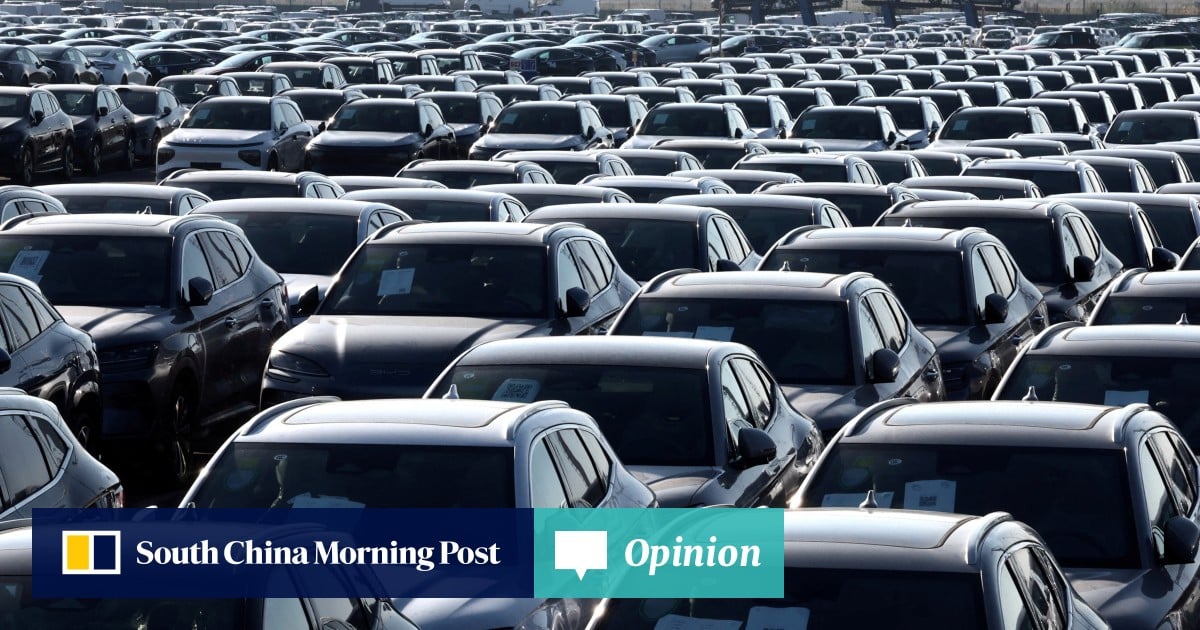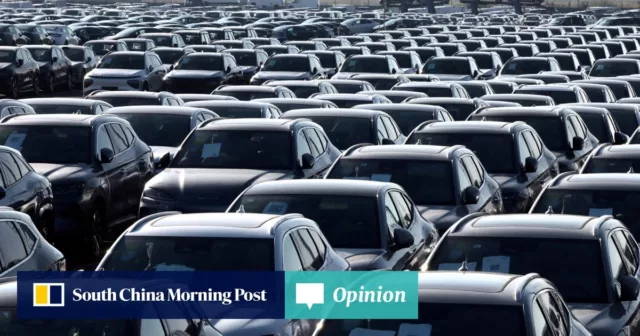
As competition intensifies in China’s electric vehicle market, the country’s leading carmakers are accelerating their global outreach in a push to capture new markets and enhance brand stature. Countries in the Gulf Cooperation Council (GCC), particularly the United Arab Emirates and Saudi Arabia, have emerged as some of the most promising destinations.
Advertisement
Chinese carmakers are projected to account for 34 per cent of the Middle East and Africa automotive market by 2030, up from just 10 per cent in 2024. Companies such as BYD, Xpeng and Chery have made visible inroads, launching flagship showrooms and forging partnerships with regional players.
In 2023, Chinese brands accounted for 12 per cent of new car sales across GCC countries, a leap from negligible levels just six years ago. With a strong decarbonisation agenda, high purchasing power and a growing appetite for clean technology, the Gulf region offers meaningful growth opportunities.
However, beneath this surface-level momentum lies a more measured reality. While Chinese EVs have secured a commercial foothold, they have yet to demonstrate deeper market integration or long-term localisation. Their presence, though growing, remains more commercially transactional than strategically anchored.
The Gulf’s strategic intent is unmistakable. Governments across the region are pursuing partnerships to build domestic EV capacity and align with industrial diversification goals. Abu Dhabi’s US$2.2 billion investment in Nio reflects this ambition, as do national policies such as the UAE’s Electric Vehicles Policy and Saudi Arabia’s National Industrial Strategy.
Advertisement
Nevertheless, many Chinese EV firms continue to prioritise regions such as Latin America over the Gulf. Markets such as Brazil and Mexico offer larger populations, higher import tariffs which encourage local assembly and regional trade frameworks which create long-term advantages. In 2024, Brazil’s EV market grew by about 90 per cent year on year, while Mexico saw an expansion of 70 per cent. By comparison, EVs represent less than 3 per cent of new car sales in most Gulf states.







